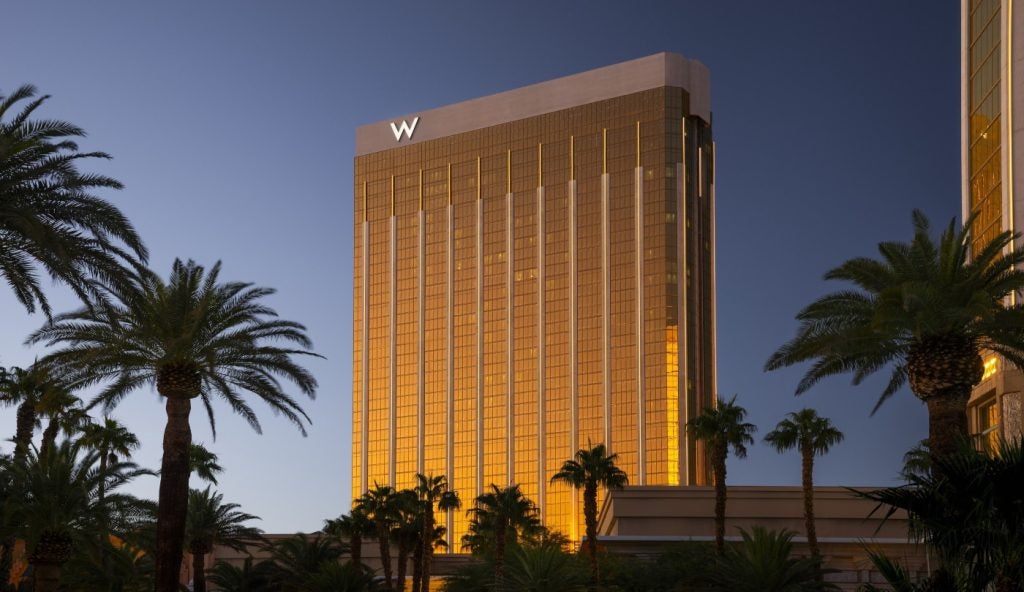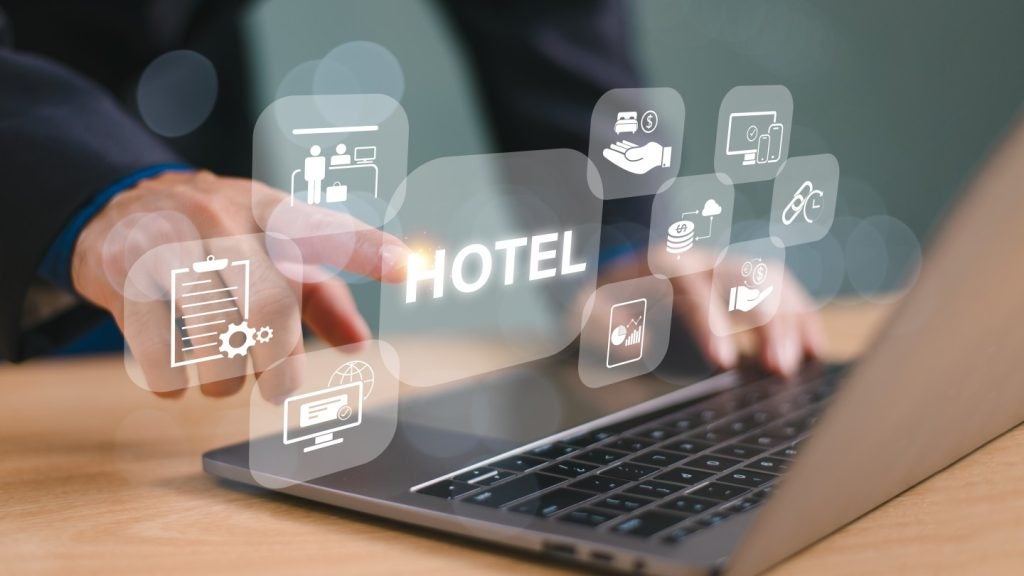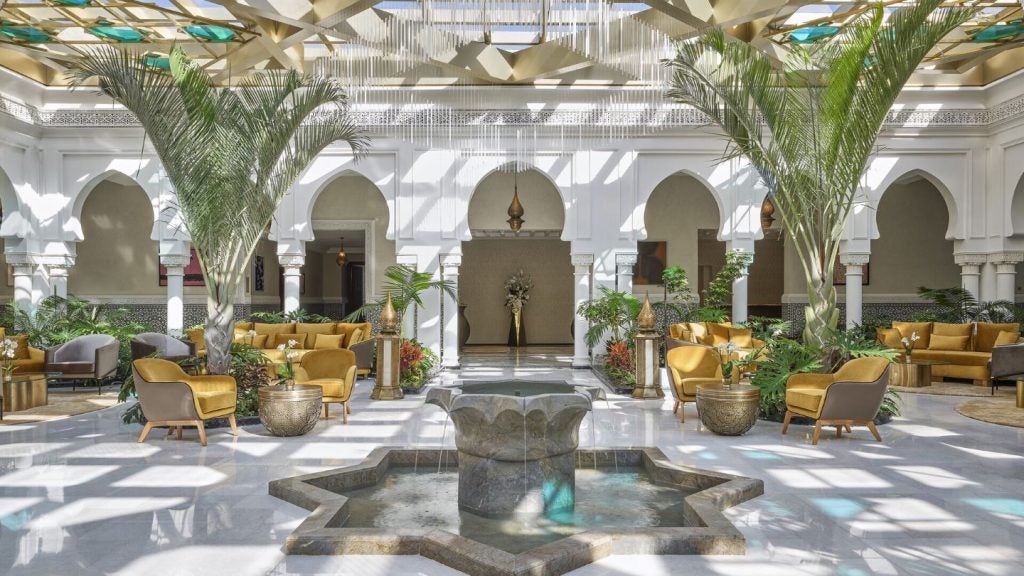
Save time, save money, add value. Those are the fundamental rules that underlie any technology investment. Finding the systems that obey these rules can be a complex process, but from in-room entertainment to operations management, hotels can stand
out in their markets by making the right IT choices.
Some of these choices are straightforward. For instance, staff efficiency can be greatly improved by providing staff with relevant, up-to-date information and instructions, equipping hotel employees with mobile devices.
“Our objective is to provide staff with the information they need in real time in order to deliver high quality guest service. The use of mobile devices and emerging new voice technologies is changing the way staff are able to interact with guests.
Both staff efficiency and service levels are higher as a result,” says Monika Nerger, Vice President of Technology for the Americas at Mandarin Oriental Hotel Group, which makes widespread use of mobile technologies.
Other IT choices are more complex, but can be boiled down to two simple principles – the reduction of manpower needed to keep a property running efficiently and the delivery of enhanced, customer-focused services. The different systems used to
interact with guests generate useful data on preferences and profile.
For hotels wishing to stand out in the market, it is important to make use of this data and give guests a service tailored to their needs. Furthermore, the synergy of data streams can enable these services to be delivered at a lower cost.
“Convergence of systems and integration of information continue to reduce costs in a broad sense. Whether it is eliminating the need for duplicate data entry, or simply having the right information available to make good business decisions,
there are cost benefits to be realised,” says Nerger.
How well do you really know your competitors?
Access the most comprehensive Company Profiles on the market, powered by GlobalData. Save hours of research. Gain competitive edge.

Thank you!
Your download email will arrive shortly
Not ready to buy yet? Download a free sample
We are confident about the unique quality of our Company Profiles. However, we want you to make the most beneficial decision for your business, so we offer a free sample that you can download by submitting the below form
By GlobalDataTAKING A LEAD ON IT
Nerger can speak first-hand of the benefits of technology investment at all levels of hotel operation. Mandarin Oriental has made the implementation of innovative technology one of the key pillars of its business proposition, alongside spa facilities
and its food and beverage offering.
Offering access to sophisticated in-room systems is a vital part of this strategy, and Mandarin Oriental continues to invest in new in-room technology at both existing properties as well as new developments. It is continuously expanding the features
of its entertainment, telephony, internet and guest services systems.
“We look at customer service from multiple angles – not only from the perspective of the technology we provide the guests, but the technology the guests bring with them. We recognise a guest’s desire to plug in their MP3 player into
a high quality stereo system, or view their digital photos on a crisp LCD screen,” says Nerger.
Also, recognising that more guests travel with mobile devices, the chain is re-engineering its business centres to provide assistance with laptops, Blackberries and cell phones.
Mandarin Oriental sees such value-added services and the high quality of its in-room systems as delivering a real competitive edge.
“We consider technology a core differentiator which sets us apart in the marketplace. Particularly in the luxury segment, the demand and expectation for high quality sound, audio, and digital solutions in the guest room is a must. Our objective
is to delight our guests by delivering high quality technology, whether it is a Bang & Olufsen TV or sound system to the latest high definition content unavailable anywhere else,” says Nerger.
“At the same time, our hotels invest a considerable amount in core infrastructure, which is equally important. This allows us to meet new demands and guest expectations as technology advances,” she adds.
By core infrastructure, Nerger means the technology that assists the nuts-and-bolts running of a property and the delivery of its services – the back-office systems that are rarely visible, but which define much of a guest’s experience. Key
investments at this level are task tracking and guest management solutions.
Mandarin Oriental uses many solutions, but its guest management system from PAR|Springer-Miller is the central tracking mechanism for managing guest preferences and storing core data. It also makes extensive use of HotSOS from M-Tech, a rapid response
system the uses handheld devices to quickly deliver important, real-time information throughout a property.
MAKING IT INVESTMENT COUNT
Looking to make further investments in both core and in-room technologies, Mandarin Oriental knows that the value of any system must be clear. However, it also knows that value cannot be measured purely in financial terms.
“Not every system or technology implemented has a clear-cut ROI. What is the true value of delighting a guest? While our owners and operators expect every investment to have a suitable justification, not all returns can be measured in precise
monetary units,” believes Nerger.
The added value may come from factors, such as the long-term loyalty of a guest, which are hard to measure, but which stem from a brand’s pursuit of quality.
For Nerger, finding the right systems to add value – financial or otherwise – is a matter of fully understanding the hotel chain’s proposition and working with trusted technology providers, particularly given the relatively small size of
Mandarin Oriental as an organisation.
Cisco and Microsoft are the chain’s main technology partners, though it has committed relationships with vendors such as Infogenesis, PAR|Springer-Miller, KoolConnect, Percipia, Delphi, Ideas Inncom, Innerwireless, and Lorica.
Like other hotel chains that have invested in technology from many vendors, Mandarin Oriental has faced the problem of integration, and believes that progress towards industry standards is important.
“Integration of systems is one of the key challenges that the industry faces. Every hotel that has implemented technology over the past 20 years has come across the same dilemma – a myriad of disparate systems and applications that need to
be integrated. Over time this is a costly and difficult situation to manage, particularly without set standards,” believes Nerger.
She is pleased, therefore, that Hotel Technology Next Generation (HTNG) is tackling this issue, with vendors and hoteliers working together to establish integration standards. Mandarin’s CIO, Nick Price, is currently the President of HTNG, and
the chain has been committed to the goals of the organisation since it was founded in 2002.
With such initiatives in place the hotel sector could soon find even more value in IT implementation, and systems innovation – including improved wireless solution and predictive technologies – could become more important as market
differentiators.







